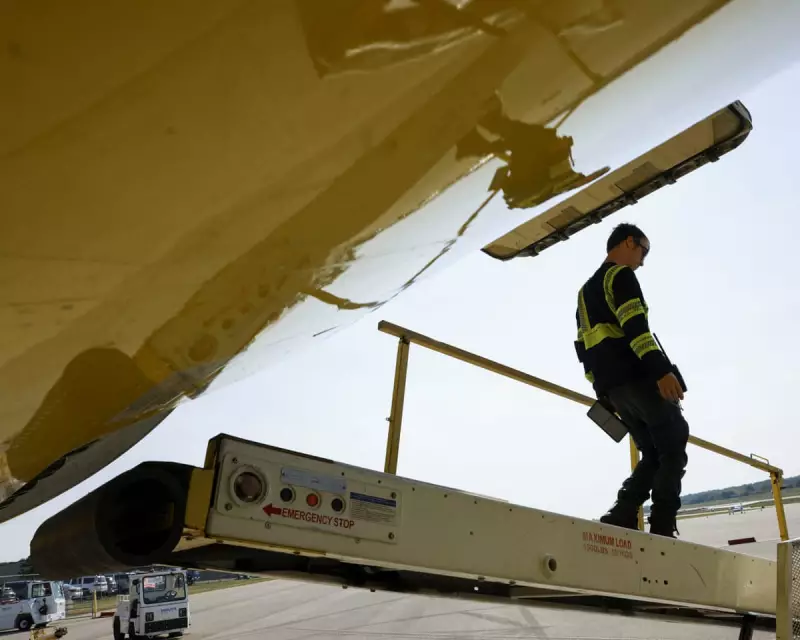
Behind the polished uniforms and welcoming smiles, Britain's airline workers are facing unprecedented pressures that are reshaping their professional lives. From cabin crew to ground staff, aviation professionals are speaking out about the realities of working in an industry still recovering from pandemic disruptions.
The Human Face of Air Travel
Across UK airports from Heathrow to Manchester, airline employees describe an environment transformed by staffing shortages, increased passenger volumes, and evolving customer expectations. Many report working longer hours under more demanding conditions than ever before.
Cabin Crew Confessions
"The friendly service passengers see is only part of the story," shares one veteran flight attendant from a major British carrier. "We're dealing with everything from medical emergencies to disruptive behaviour, all while maintaining professional composure at 35,000 feet."
Ground Staff Challenges
Airport workers report similar pressures, with baggage handlers, check-in staff, and security personnel facing the brunt of passenger frustrations during delays and cancellations. "When systems fail or weather disrupts schedules, we become the visible targets for customer anger," explains a Gatwick-based ground operations supervisor.
Industry in Transition
The post-pandemic aviation landscape has brought both opportunities and challenges for workers. While demand for travel has surged, many airlines struggle with adequate staffing levels after significant workforce reductions during lockdown periods.
Training and Retention Issues
Several aviation professionals highlight concerns about training quality and staff retention. "The rush to rebuild capacity has sometimes meant compressed training programmes," notes a training captain with fifteen years' experience. "We need to ensure standards don't slip in the race to fill cockpits and cabins."
Passenger Behaviour Evolution
Multiple crew members report changes in passenger conduct since travel resumed. "There's more anxiety, more entitlement, and sometimes less patience," observes a British Airways crew member. "De-escalation skills have become as important as safety procedures."
Looking Ahead
Despite the challenges, many aviation workers remain passionate about their careers. "There's still magic in connecting people across the world," reflects a Virgin Atlantic flight attendant. "But the industry needs to better support the people who make that magic happen every day."
As the airline sector continues its recovery, the experiences shared by these frontline workers provide crucial insights into the human factors that will shape the future of British aviation.





